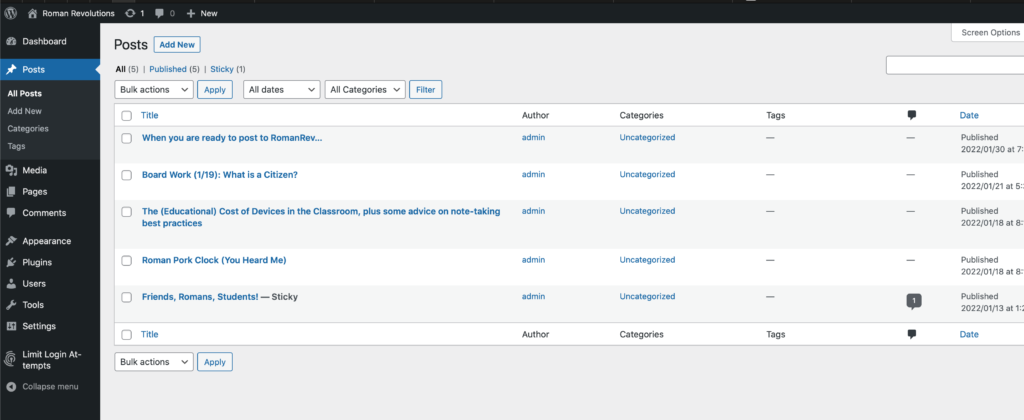I’m Spartacus (1960), No I’m Spartacus (1960)
Spartacus is sold to Lentulus Batiatus. Batiatus is warned that Spartacus is a rebellious slave, but this spunk is what Batiatus is looking for, since Batiatus runs a gladiator training school and sees potential in Spartacus. Spartacus spends some time training and falls in love with the slave Varinia during this time. Senator Crassus comes to visit Batiatus’s school and not only requests that they watch a gladiator fight to the death, but also buys Varinia. Sparticus barely gets away from his fight with his life because his opponent decides to try to kill Crassus after beating Spartacus instead of going for the kill on Spartacus. This is enough to push Spartacus over his limit, and a few days later Spartacus starts a successful slave revolt, although Batiatus escapes with his life. The slave revolt gains traction across Rome, and soon Spartacus is leading an army in the thousands. They move to make their escape from Rome by getting help from pirates to take them across the sea. However, Crassus, who is in charge of putting down this rebellion, bribes the pirates to betray Spartacus. This forces Spartacus and his army to have to move towards Rome, where Crassus and his army are waiting. Spartacus inspires everyone to go down fighting, and they put up a fight against Crassus’s army for a little bit, but are ultimately crushed. The survivors, which include Spartacus, are offered a deal that if the slaves identify Spartacus among the living or the dead, they would be pardoned and sent back to slavery. However, Spartacus’s army refuses by all claiming that they are Spartacus. This leads to Crassus sentencing every one of them to death by crucifixion. Varinia is able to escape from Crassus with her and Spartacus’s child since Crassus spared them, and Spartacus is able to see the two of them while on the cross as they leave Rome.
There were some historical inaccuracies in the movie of course. The biggest one is that every major Roman historian of the time writes that Spartacus died in that final battle against Crassus. The other egregious inaccuracy was that Crassus was given the role of consul before defeating Sparticus’s army. The whole point of why Crassus was so determined to beat Sparticus was to earn his consulship. The movie changed Crassus’s motivations from that to simply a hatred toward Sparticus.




